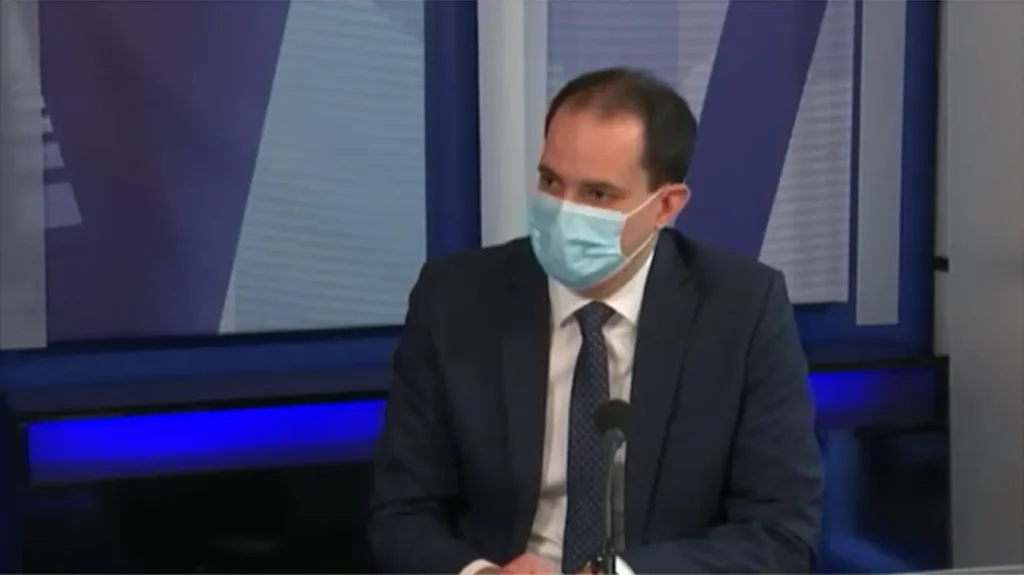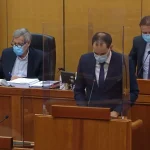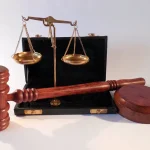Mrčela believes that the dispute over the selection of Supreme Court President could be avoided if judges themselves elected the court’s president, similarly to the election of the president of the Constitutional Court.
“In amending the Courts Act we acted in line with the recommendations of GRECO – Group of States against Corruption which is the Council of Europe’s anti-corruption body, where we additionally analysed the entire process of selecting the President of the Supreme Court. The procedure is defined by the Constitution itself and at the moment that is not on the cards nor has any consideration been given to changing the Constitution regarding the selection of Supreme Court President,” Malenica said ahead of an inner cabinet meeting.
Malenica doesn’t think that Mrčela has overdone it with his proposal or that he is meddling in politics.
“I wouldn’t say that he’s overdone it nor that he is meddling in politics. He expressed his opinion. I don’t think that was a political statement. That is an opinion he has as a Supreme Court judge and president of GRECO. I don’t see it as political meddling,” said Malenica.
Malenica said that, as part of the anti-corruption package, which is based on the National Resilience and Recovery Plan, the ministry foresees 13 reform activities aimed at improving the work of the courts. The objective is to reduce the duration of court proceedings and the number of unresolved cases.
“We have certain tools within the framework of the anti-corruption package that we are putting at the disposal of the State Judicial Council and the State Prosecutorial Council with regard to checking declarations of assets by judges and state attorneys, and we are considering introducing security checks for judges,” said Malenica.
For more about politics in Croatia, follow TCN’s dedicated page.












